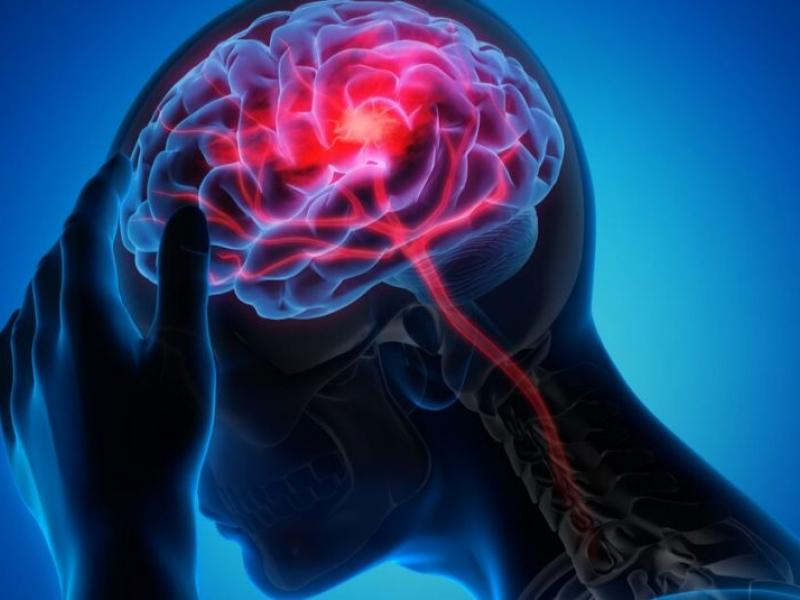Epilepsy is a complex neurological pathology affecting millions of people worldwide. When epilepsy is resistant to conventional treatments or has a severe impact on quality of life, a specialized, multidisciplinary approach is essential.
In Turkey, clinics and hospitals specializing in neurology offer a high level of medical care, with cutting-edge technologies for diagnosis and treatment, whether medical or surgical. Thanks to a patient-centered approach, protocols are personalized according to the type of epilepsy, seizure frequency and individual expectations.
Looking for an alternative or a second opinion from a reference center abroad? Discover the solutions offered in Turkey for a more serene life with epilepsy.









